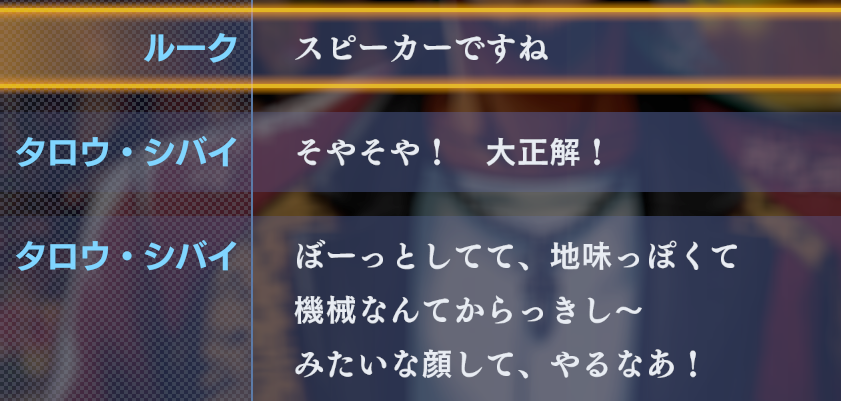からっきし means "quite; utterly; (not) at all; completely; wholly; entirely; totally; altogether" however I'm not sure how it's being used here?
The character gets asked what exactly he thinks is on the the new product, and he answers it's likely there is a speaker on it, which allows it to broadcast sounds. The answer is correct.
He appears to be saying that he's ぼっとしてて 地味っぽくて and he's also making a face like (みたいな顔) that "says"
機械なんてからっきし~
My guess either he's saying the face is... machine like or he saying that the face shows he doesn't understand how that is a machine.

